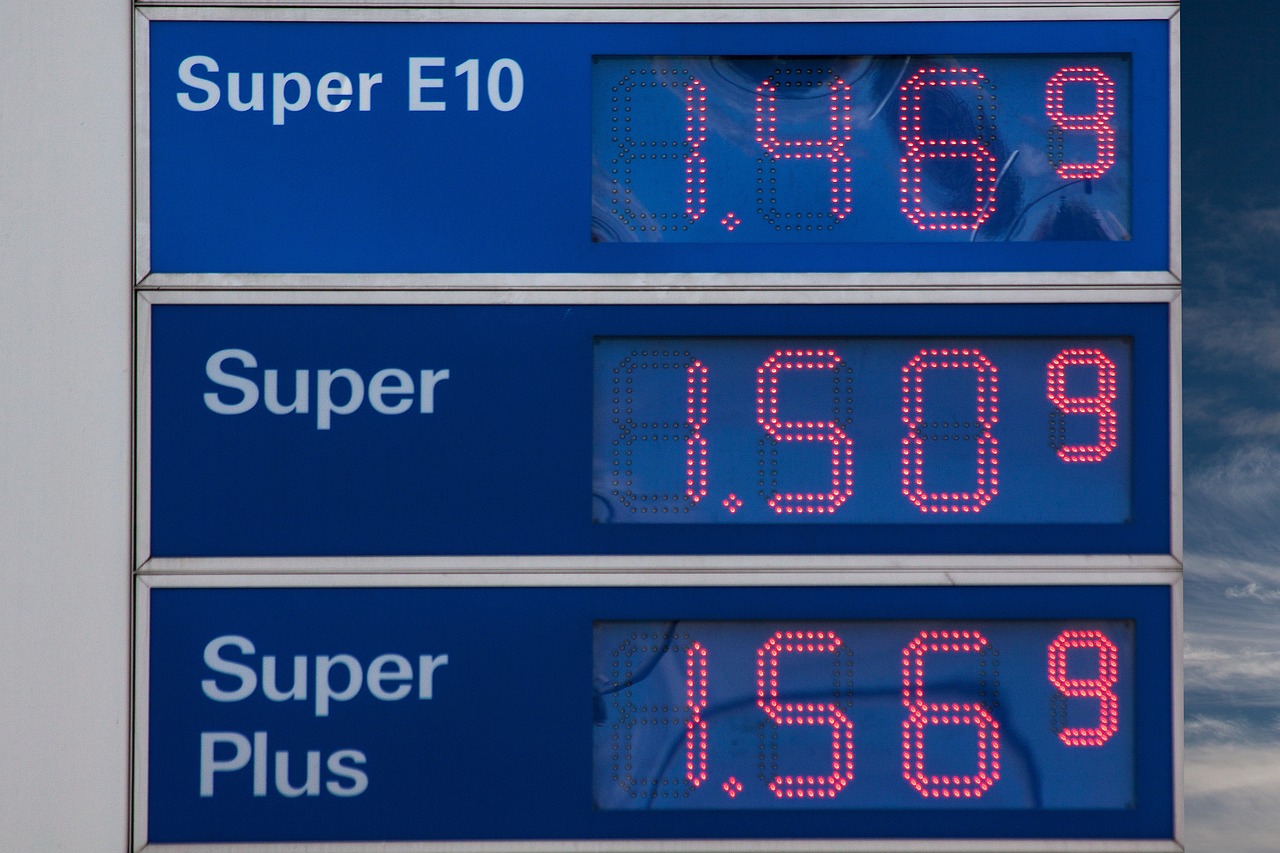One of the most common misconceptions among car owners is that premium gasoline is universally better for your vehicle than regular gasoline. This belief is often fueled by the association between “premium” and “higher quality.” However, the reality is far from this misconception. Let’s dive into the facts to understand the differences and debunk the myth.
Origin of the Myth
The root of this myth can be traced back to the oil industry’s marketing efforts. Premium gasoline, with its higher price tag, is often marketed as a “better” or “superior” product, with implicit suggestions that it can boost performance, enhance fuel economy, or even extend the life of the engine. Over time, this led to a widespread belief among motorists that premium gas was the preferred choice for any car.
Octane Ratings and Engine Knocking
To understand the true difference between premium and regular gasoline, we must first delve into octane ratings. The primary difference between regular and premium gasoline is their octane number. The octane rating is a measure of the fuel’s resistance to knocking or pinging during combustion. Engine knocking is a rattling noise that you’ll hear when the air-fuel mixture in the cylinders is detonating in more than one place at a time.
Higher-octane fuels are formulated to resist knocking, which can be essential for high-performance engines or engines with a high compression ratio. If you have a car designed for high octane, using a lower-octane gas can lead to knocking, potentially damaging the engine over time1.
Does Your Car Need Premium Gas?
Whether your car needs premium gas or not largely depends on the manufacturer’s recommendations. Most cars on the road today are designed to run on regular gas. For these vehicles, there’s no advantage to using premium gasoline. In fact, the Federal Trade Commission (FTC) has stated that using a higher-octane gasoline than your owner’s manual recommends offers no benefit2. It won’t boost your fuel economy, increase power, or protect your engine any better than regular gasoline.
However, some cars with high-compression engines, typically sports cars or luxury vehicles, might require or recommend premium gas to operate as intended. For these specific vehicles, using premium gasoline can prevent knocking and provide the performance the engine was designed to produce.
Scientific Evidence
Studies have been conducted on this very topic to provide clear evidence. In one significant study by the American Automobile Association (AAA), it was found that American drivers unnecessarily wasted over $2.1 billion in 2015 by using premium-grade gasoline in vehicles designed to run on regular fuel3. The study also demonstrated that premium gasoline did not produce more horsepower or better fuel economy than regular gasoline in the tested vehicles that recommended, but didn’t require, the higher-octane fuel.
Another investigation, this time by Edmunds, an automotive guide, supports this claim. They tested various cars on both regular and premium fuels and found no noticeable difference in terms of horsepower or fuel economy for vehicles that didn’t specifically require premium gas4.
The Bottom Line
For the majority of cars on the road, there’s no tangible benefit to using premium gas over regular, unless it’s explicitly recommended or required by the manufacturer. Not only does using premium unnecessarily cost more, but it also offers no discernible benefits in most vehicles. It’s essential for consumers to be informed and not be swayed by marketing tactics or myths.
Always refer to your car’s owner manual. If it says regular grade is recommended, then that is what you should use. If it’s required to use premium, then certainly do so. But never think you’re giving your car a treat or a boost with premium unless it explicitly needs it.
Sources:


